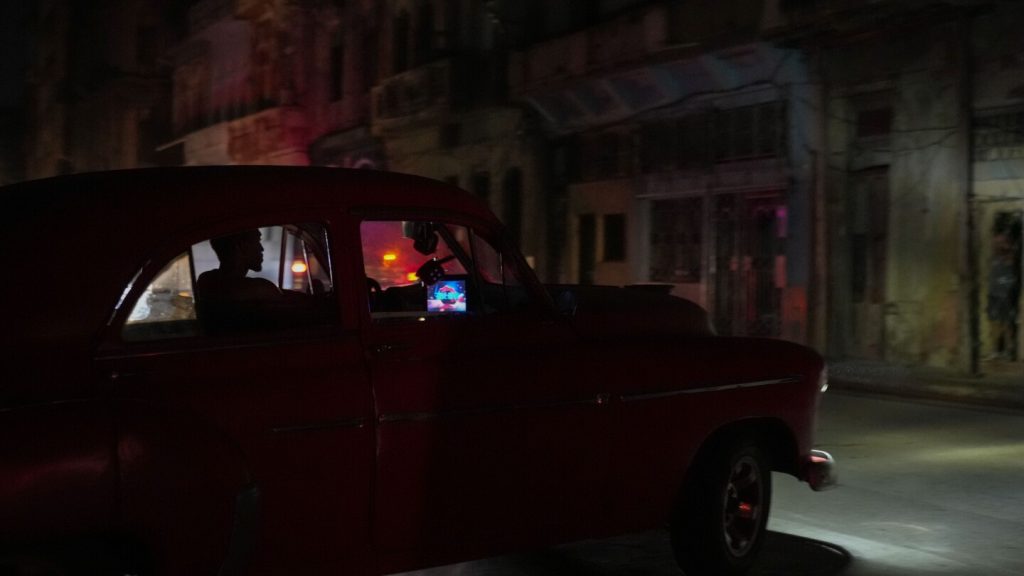Cuba experienced a massive blackout on Friday after one of the island’s major power plants failed, leading to the entire electrical grid going down. The outage occurred just a day after a similar blackout swept across the country, leaving millions of Cubans without power. Despite efforts to restore power using distributed generation and a gas-fired thermoelectric plant, darkness fell over the island with no clear timeline for when service would be restored. The situation was described as unprecedented in recent times, aside from incidents involving major hurricanes.
Prime Minister Manuel Marrero addressed the nation early Friday to address the blackout, the worst in at least two years. He announced that 1.64 gigawatts went offline during peak hours, resulting in millions being left without power. Emergency measures were put in place to reduce demand, including suspending classes, closing some state-owned workplaces, and canceling non-essential services. Marrero highlighted the challenges faced by the energy sector, including increased demand from small- and medium-sized companies, breakdowns in aging thermoelectric plants, and fuel shortages.
Marrero was joined by Alfredo López, the chief of the state-owned power company UNE, during his address. They discussed the possibility of changes to electricity rates for small- and medium-sized companies, as well as the expected increase in fuel supply from Cuba’s state-owned oil company. President Miguel Díaz-Canel also expressed commitment to restoring electricity, emphasizing the government’s dedication to resolving the energy crisis. However, as the blackout persisted, many Cubans remained on edge, with residents resorting to using candles and lanterns in their homes and preparing for an extended period without electricity.
The blackout has disrupted daily life for many Cubans, affecting essential services like water supply. Residents like Yasunay Pérez expressed frustration with the situation, joking that they may need to bathe in the sea to cope with the lack of electricity. The uncertainty surrounding the timeline for restoring power has left the population on edge, with no immediate solution in sight. The blackout serves as a stark reminder of the challenges facing Cuba’s energy sector and the need for long-term solutions to ensure a reliable power supply for the population.
The Cuban government’s response to the blackout has highlighted the ongoing energy crisis in the country, with aging infrastructure and fuel shortages contributing to the instability of the electrical grid. Efforts to address the immediate challenges, such as reducing demand and increasing fuel supply, may provide temporary relief, but long-term solutions will be necessary to prevent similar incidents in the future. As Cubans continue to grapple with the effects of the blackout, questions remain about the resilience of the country’s energy infrastructure and the government’s ability to ensure a consistent power supply for its citizens. The blackout serves as a wake-up call for Cuba to invest in modernizing its energy sector and enhancing its capacity to meet the growing demand for electricity.


